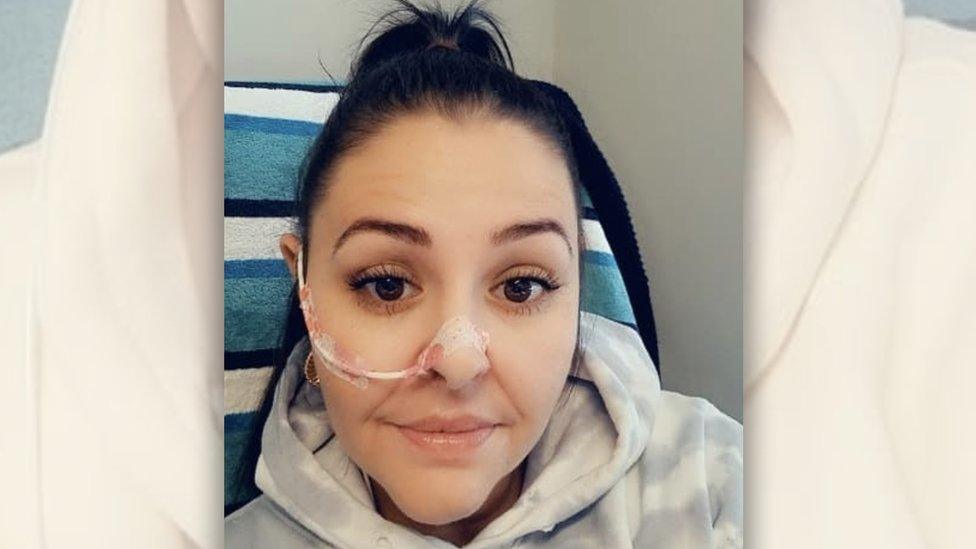GMC to alert Turkey over weight-loss doctor's 'eat, eat, eat' advice
- Published
Undercover footage shows a surgeon telling a reporter she could qualify for gastric sleeve surgery if she ate more
The General Medical Council is to alert Turkey over concerns about a bariatric surgeon selling weight-loss "holidays" to UK patients.
Turkish doctor, Ogün Erşen, advised a BBC undercover journalist to gain weight so she could qualify for weight-loss surgery abroad.
At an Ekol Hospitals sales day in Glasgow he told her to "eat snacks" to increase her body mass index (BMI).
The reporter had a BMI of 24.4, which is within the healthy weight range.
She gave the weight-loss clinic information which would have meant her BMI was 29 but she was not weighed during her consultation.
In secret footage recorded and broadcast in a BBC Disclosure documentary about the weight-loss industry, Dr Erşen told the reporter she could have a gastric sleeve operation in three months, adding: "You must eat, eat. Eat something and reach 30".
A spokesman for the General Medical Council (GMC), said: "We intend to contact the Turkish Ministry of Health to make them aware of the individual's conduct in the documentary so they can consider this."
Ekol Hospitals is holding similar sales days in Newcastle, Manchester and Leeds over the coming days.
A leading bariatric surgeon in the UK described the consultation as "utterly indefensible".
Omar Khan, chairman of the National Bariatric Surgery Registry, highlighted the risks of the irreversible surgery and said it should not be carried out if it is not needed.
"I have major concerns," he said.
"It seems that he's almost pushing the patient to hit the target so that they can do the surgery, and that's completely unethical."
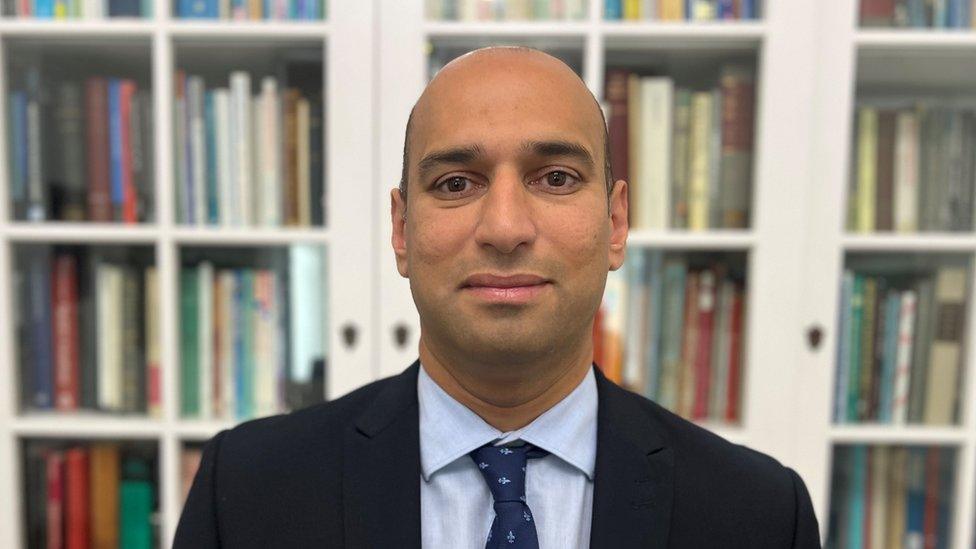
Omar Khan, a consultant bariatric surgeon, said he had "major concerns" about the consultation
The GMC, which regulates the licensing, registration and professional standards of doctors and medical specialists in the UK, confirmed that Dr Erşen was not registered to practice in the UK.
A spokesman said: "Any doctor who wants to carry out an activity from the UK for which a medical licence is needed has a legal requirement to be registered with a licence to practise.
"If an unregistered doctor visits the UK to provide general information about a clinic abroad, the cosmetic interventions available, costs and arrangements for travel, they would not legally need to be registered and licensed as long as they are not carrying out privileged activities, as set out in legislation.
"Doctors must be clear whether they are licensed, hold registration only, or neither."
Healthcare Improvement Scotland also warned patients considering weight-loss surgery against seeking advice from doctors and hospitals that are not registered in the UK.
A spokesman said: "We would urge anyone considering treatments in the private sector to carefully consider the risks and benefits and choose a private healthcare service that is regulated in the UK.
"It is crucial that we provide assurances for the public that these treatments and procedures are carried out in safe and regulated environments.
"However, we are only able to regulate and inspect private hospitals and private clinics providing treatments within Scotland, and where the healthcare professionals are registered to practice in the UK."

What is bariatric surgery?
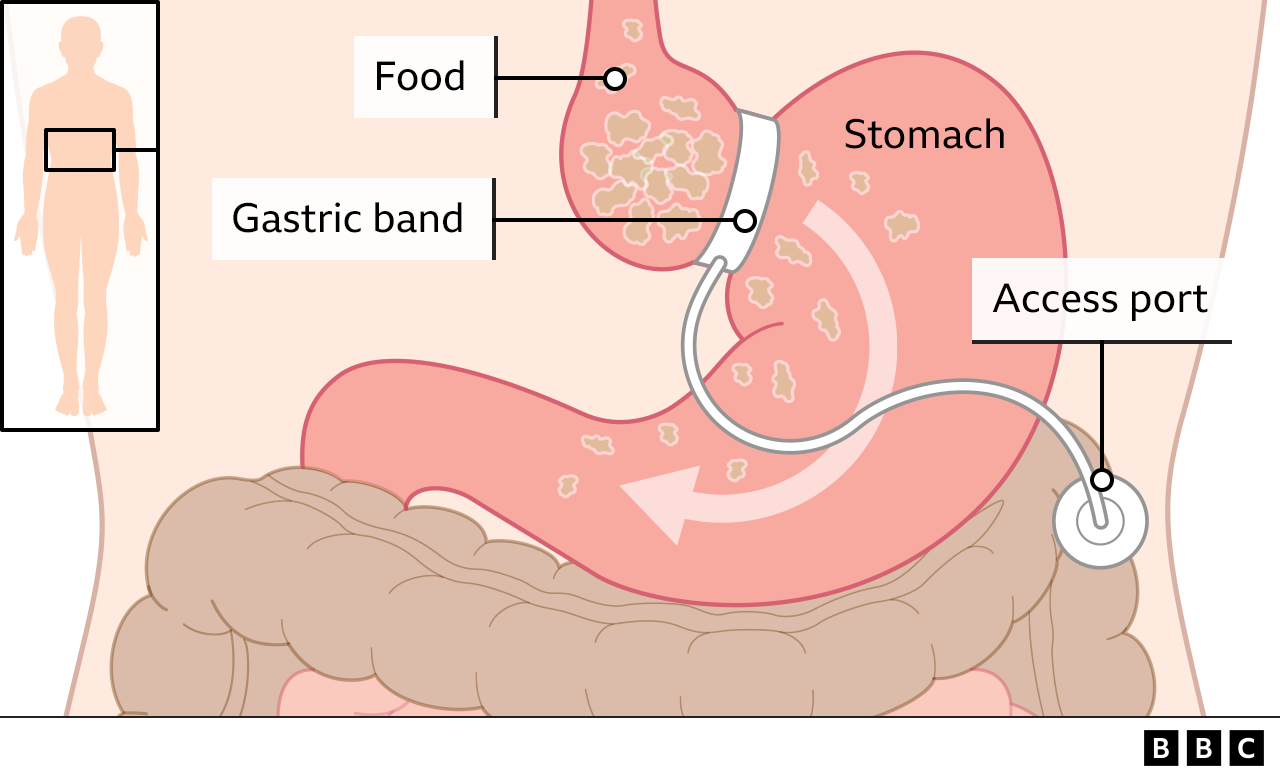
Bariatric surgery, also known as weight-loss surgery, is used by the NHS as a last resort to treat people who are dangerously obese (having a body mass index of 40 or above, or 35 plus other obesity-related health conditions).
Patients must have tried, and failed, to achieve clinically-beneficial weight loss by all other appropriate non-surgical methods, and be fit for surgery.
The two most common types of weight-loss surgery are:
Sleeve gastrectomy or gastric bypass, where some of the stomach is removed or the digestive system is re-routed past most of the stomach
Gastric band, where a band is used to reduce the size of the stomach so a smaller amount of food is required to make someone feel full

Ekol Hospitals is one of the many Turkish companies targeting British customers with adverts for surgery abroad.
It denied that it accepted patients for surgery who do not meet international guidelines or criteria.
In a statement, Ekol Hospitals said: "We have obtained all international accreditations and possess advanced, state-of-the-art medical equipment.
"Extensive checks are conducted from initial contact with prospective patients, and certainly prior to any surgery taking place, to ensure that the patient is suitable.
"Whilst at the hospital, a full and extensive health check is completed."
The price to have the surgery privately in the UK is between £10,000 and £15,000 but it can cost as little as £2,000 to book weight-loss surgery in Europe.
There have been a number of deaths as a result of British people travelling abroad for bariatric surgery since 2019, as well as more than half a dozen patients left requiring the use of a feeding tube.
In a study of five London hospitals over the course of 2022, 35 patients who had recently had weight-loss surgery abroad had to have emergency medical intervention.
Undercover filming revealed the company holding consultations with patients whose BMI did not meet the requirement for bariatric surgery, and with a medical condition that should have raised red flags.
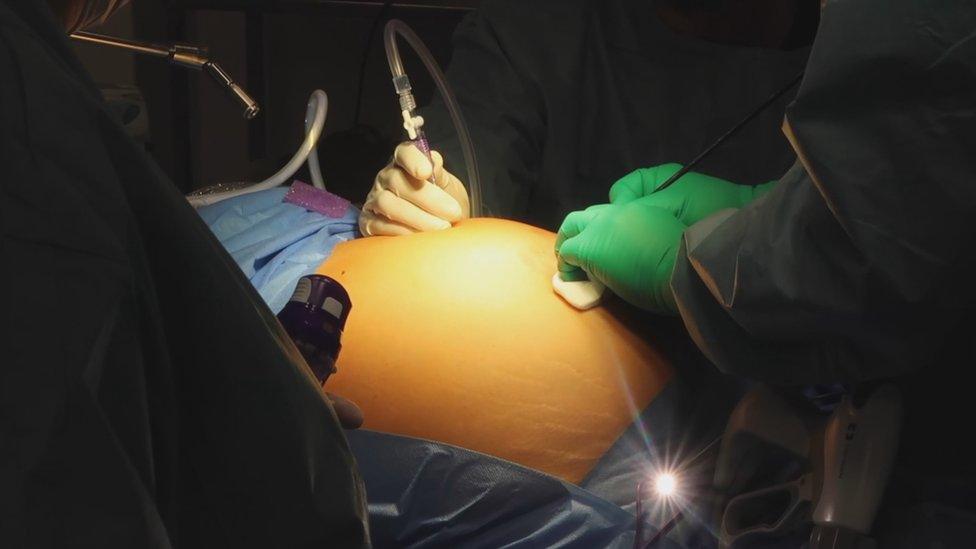
Bariatric surgery is used to treat people who are dangerously obese
BMI is based on a person's height and weight; it is one of the main factors when assessing for bariatric surgery.
A patient with a BMI of less than 40, and no severe co-morbidities relating to obesity, would typically be rejected for weight-loss surgery in the UK.
Under the international IFSO guidelines the threshold is lower, at 35.

If you've been affected by issues raised in this report, details of organisations offering information and support about emotional distress are available via BBC Action line
- Published15 January 2024
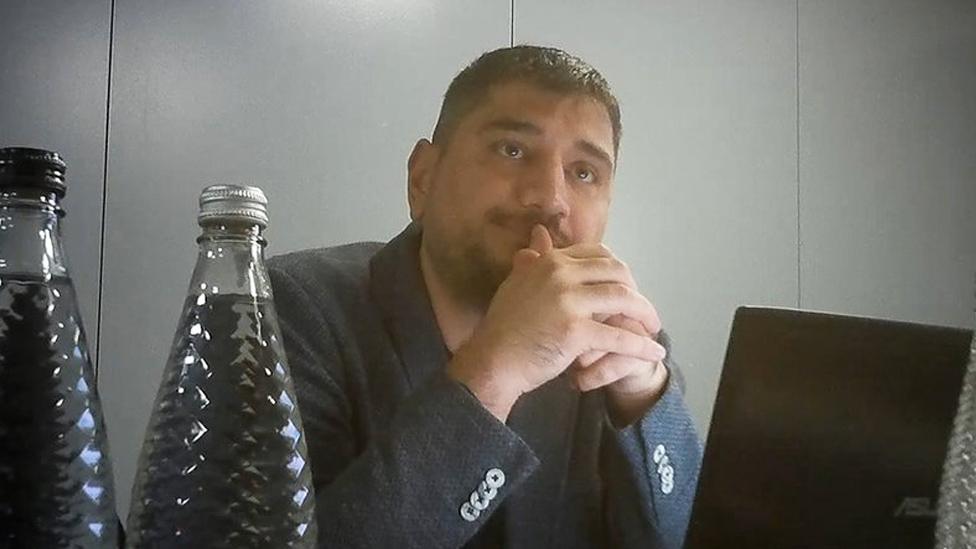
- Published15 January 2024
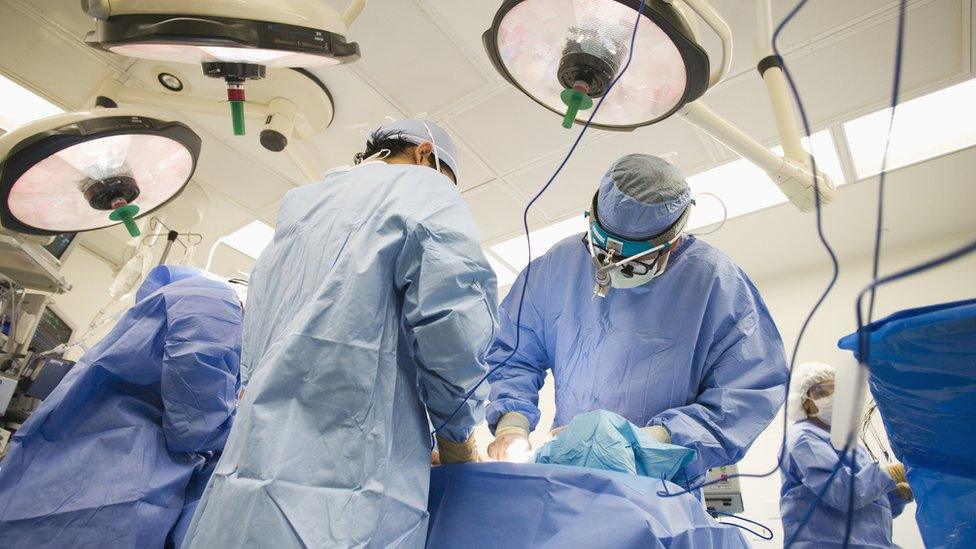
- Published3 April 2023

- Published21 March 2023
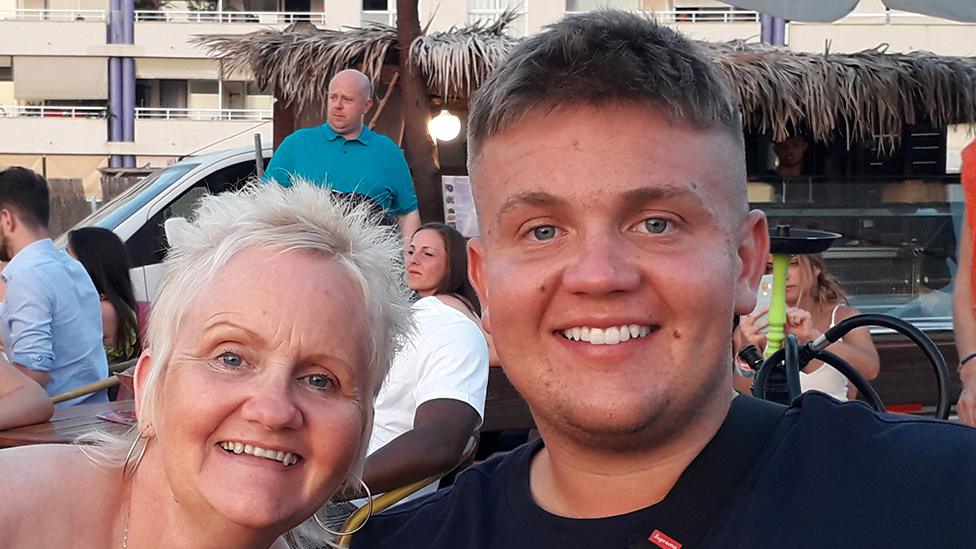
- Published23 October 2022
